
After nearly 40 years of innovation, the country is entering the Era of Rising with the goal of becoming a developing country with modern industry and high average income by 2030 and becoming a developed country with high income in the socialist orientation by 2045.
The era of rising requires human rights and civil rights to be recognized, respected, guaranteed and effectively protected. In a letter sent to the National Workshop “Humans and human rights are the center, subject, goal and driving force of national development” held recently, General Secretary To Lam mentioned the phrase “socialist human rights”. According to Associate Professor - Dr. Tuong Duy Kien - Director of the Institute of Human Rights, Ho Chi Minh National Academy of Politics, this is the first time that the highest leader of our Party and State has mentioned this concept. That proves the special importance that needs to be oriented in theoretical research, summarizing the practice of 40 years of renovation and proposing to build a new foundation and theoretical ideology of the Communist Party of Vietnam on socialist human rights, when the country officially enters a new era, the era of rising of the Vietnamese people.
PV: Recently, we have been talking a lot about the era of national growth. How do you personally understand this concept from the perspective of human rights?
Associate Professor, Dr. Tuong Duy Kien: There may be different ways of understanding, but an era can be simply understood as each period is marked by a qualitative change in society, country, nation, and people. The new era of the Vietnamese nation is a new historical period in the development process of the nation, in which strategic goals and tasks are implemented, completed, creating a turning point in the new development process of the nation. In the Ho Chi Minh era since the founding of the country in 1945 until now, our country has gone through important milestones such as the era of national independence, the era of national unification, the era of national renovation and now after 40 years of renovation, we have officially entered the era of the Vietnamese people's rise, striving by 2030, the 100th anniversary of the founding of the Party, our country will become a developing country with modern industry, high average income and by 2045, the 100th anniversary of the founding of the country, to become a developed country with high income following the socialist orientation. From the perspective of human rights, the new era opens a period in which each person, each citizen enjoys all the basic rights and freedoms recognized by the Constitution and laws, especially the right of the people to participate fully, effectively and substantially in the affairs of the state and society; exercise the right to be masters of the country, masters of oneself, to participate in contributing to the construction and development of the country and the right to enjoy the fruits of development and the fruits of innovation.
PV: Why is ensuring and promoting human rights an important factor for the country's sustainable development?
Associate Professor, Dr. Tuong Duy Kien: Human rights are the result of the long and arduous struggle of all progressive humanity to protect core values such as the right to life, respect for human dignity towards an equal, free, and fair society without any discrimination based on race, gender, language, religion, social status, ethnicity, etc. In the history of building and defending the country of our people, thanks to national solidarity, we have mobilized strength to fight against natural disasters, enemies, maintain the race, expand national borders and territories; especially in the Ho Chi Minh era, thanks to promoting the human factor, promoting the values of human rights (regardless of class, party, old, young, female, male, ethnic, religious...), our Party has built the strength of the great national unity bloc, successfully carried out the national revolution, people's democracy, won independence and freedom for the Fatherland. Therefore, if a country wants to develop sustainably, it must pay special attention to respecting, ensuring, and protecting the rights of all people, groups of people, and each ethnic group living within its territory with the viewpoint of national solidarity, religious solidarity, and class solidarity, in order to mobilize the strength and intelligence of each person, each person, and group of people... to create the symbiotic strength of the entire nation; that is the basis for sustainable development of the country.
PV: In a recent letter to the National Scientific Conference on Human Rights, General Secretary To Lam mentioned the concept of “socialist human development” and promoting the role and value of socialist human rights to create momentum for national development in the new era. Is this a new concept and what is the connotation of the concept of “socialist human rights”? Why do we need to emphasize the socialist element, sir?
Assoc. Prof. Dr. Tuong Duy Kien: Developing new socialist human is not a new concept, but this is the first time that the highest leader of our Party and State has mentioned socialist human rights in a letter sent to the National Conference "Humans and human rights are the center, subject, goal and driving force of national development", which proves the special importance that needs to be oriented in theoretical research, summarizing the practice of 40 years of renovation and proposing to build a new foundation and theoretical ideology of the Communist Party of Vietnam on socialist human rights, when the country officially enters a new era, the era of the rise of the Vietnamese people. Socialist human rights do not contradict the universal value of human rights that our Party has repeatedly affirmed, human rights are the result of the long and arduous struggle of the working people and oppressed peoples around the world, through which human rights become the common value of humanity. We emphasize the socialist element, first of all to affirm that socialist society is the best social regime among all social regimes that mankind has experienced, because it is for people, for human rights. Only with socialism can human rights be truly guaranteed, people can be truly liberated, there will be no more regime of man exploiting man; people will have conditions for comprehensive personal development; people will have conditions to fully and completely enjoy their rights and freedoms; people will have conditions to be masters and masters of the country.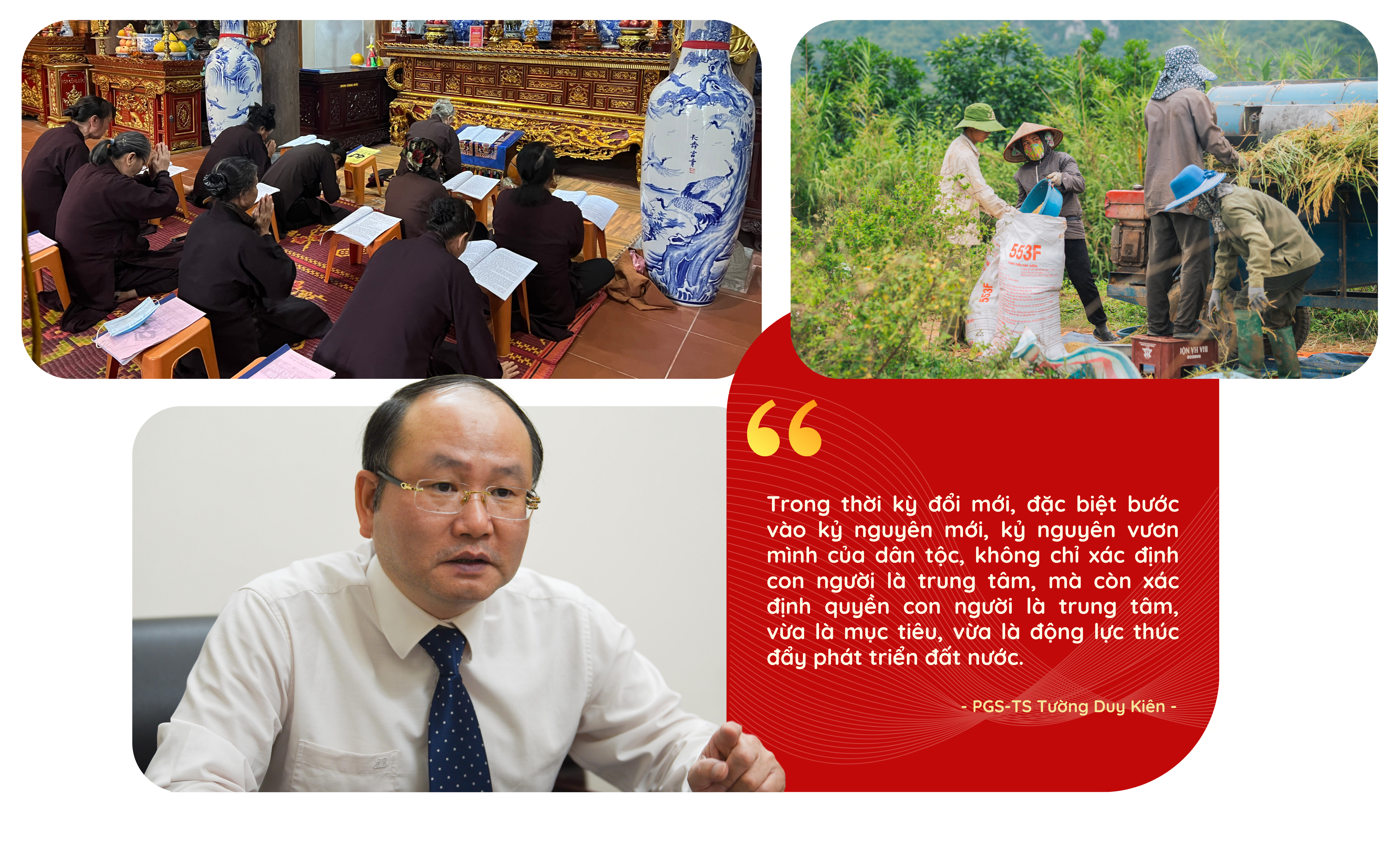
PV: We are building a socialist rule-of-law state, a socialist-oriented market economy, a socialist democracy, and now promoting the role and value of socialist human rights. So how are socialist human rights related to these three pillars, sir?
Assoc. Prof. Dr. Tuong Duy Kien: Our Party advocates building an independent, self-reliant economy associated with international integration based on three pillars: building a socialist- oriented market economy, building a socialist rule-of-law state and building socialist democracy, in which it clearly identifies people as the center, the subject, both the goal and the driving force of national development. In the period of innovation, especially entering a new era, the era of national development, not only does it identify people as the center, but it also identifies human rights as the center, both the goal and the driving force for national development. Effectively implementing basic human rights and freedoms will be the basis for realizing the human-centered viewpoint. The special importance of human rights in relation to the three pillars is also demonstrated in the fact that human rights are not derived from the three pillars, but are the foundation on which to build a socialist-oriented market economy, build socialist democracy and build a socialist rule-of-law state. Therefore, there cannot be a market economy, a rule-of-law state and a genuine socialist democracy if human rights are not recognized, respected, guaranteed and effectively protected in society.
PV: In the era of national development, why do you emphasize the good implementation of the principle that citizens can do everything that is not prohibited by law? and that citizen rights are inseparable from citizen obligations?
Assoc. Prof. Dr. Tuong Duy Kien: The era of national development requires the maximum mobilization of all resources for national development. This is one of the great concerns of General Secretary To Lam with the current guiding viewpoint and ideology of "expanding development space"; "putting an end to the viewpoint of not being able to manage, then banning". In the Socialist rule of law state, the operating principle that must be followed is the supremacy of the Constitution and the law, no one is above the law or outside the law. But the law in the rule of law state is "promoting democracy, for the people, recognizing, respecting, ensuring, and protecting human rights and civil rights". Therefore, it is necessary to well implement the principle of "citizens are allowed to do everything that the law does not prohibit". That is, based on the law, if there are prohibitions, citizens are not allowed to do, conversely, if there are no prohibitions, citizens are allowed to do. Therefore, the law must be transparent so that citizens can exercise their rights and obligations without causing unnecessary violations of the law.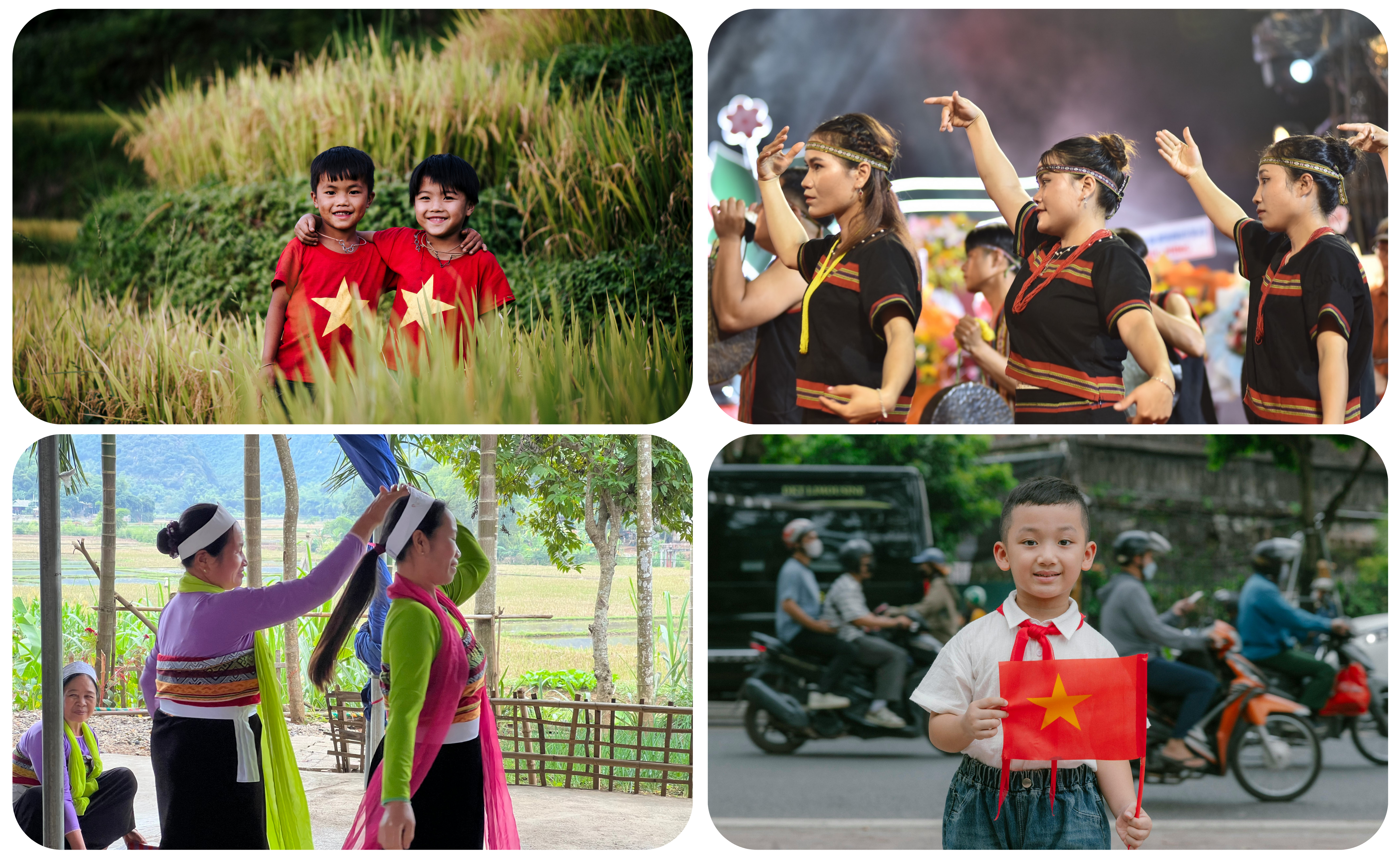
This principle has also been expressed in Resolution No. 27/NQ-TW of the Central Executive Committee on continuing to build and perfect the Socialist Republic of Vietnam's rule of law state in the new period.
Along with implementing the principle that citizens are allowed to do everything that is not prohibited by law, it is also necessary to thoroughly grasp and implement the principle that state officials and civil servants are only allowed to do what is prescribed by law and that civil rights are inseparable from civil obligations. Officials and civil servants are only allowed to do what is prescribed by law because they are the ones holding state power and operating the state apparatus, so they can only do what is prescribed by law, because if they exceed their authority, it will lead to abuse of power and violation of human rights and civil rights. Civil rights are inseparable from civil obligations, which means that when citizens enjoy rights, they must also fulfill their civil obligations and responsibilities towards the state and society in which they live, with the principle that no one only has rights without obligations and vice versa, no one only fulfills obligations without enjoying rights. And thus, rights and obligations have a harmonious relationship, complementing each other, not canceling each other out.
Reporter: How meaningful is the strengthening of inspection, supervision, and handling of legal documents that violate the Constitution and laws in ensuring human rights in the era of development, sir?
Associate Professor, Dr. Tuong Duy Kien: The Socialist Rule of Law State upholds the supremacy of the Constitution and the law, especially the requirement of respecting the Constitution and the law in the Rule of Law State also requires compliance with the criteria of a legal system that is democratic, fair, humane, complete, synchronous, unified, timely, feasible, public, transparent, stable, accessible, paving the way for innovation, sustainable development and a strict and consistent mechanism for law enforcement. To achieve this goal, it is clear that strengthening the inspection, supervision and handling of unconstitutional and unconstitutional legal documents is of particular importance for ensuring human rights in the era of development. The era of development requires that human rights and civil rights must be recognized, respected, guaranteed and effectively protected. Therefore, the urgent requirement according to the viewpoint and guiding ideology of General Secretary To Lam is "not to let a number of laws become bottlenecks that hinder the implementation of human rights, civil rights and socio-economic development". Therefore, it is necessary to strengthen inspection, supervision and handling of legal documents that are unconstitutional and contrary to the law, which can lead to violations of human rights and civil rights.
PV: Why must we make the human rights-based approach a requirement and mandatory evaluation criterion in policy and law making and implementation activities at all levels?
Assoc. Prof. Dr. Tuong Duy Kien: As I mentioned above, the rule of law state promotes the constitution, the law, respects, guarantees, and protects human rights, and the law in the socialist rule of law state must promote democracy, for the people, respect, guarantee, and protect human rights and civil rights, so it is very necessary to make the principle of human rights-based approach a requirement and mandatory evaluation criterion in the activities of building and implementing policies and laws at all levels. Laws promulgated by the National Assembly as well as sub-law documents must have an assessment of the impact on human rights, to ensure that the promulgated legal provisions must be consistent with the human rights and civil rights stipulated in the constitution and in accordance with international standards on human rights that Vietnam has participated in. This is a mandatory requirement for human rights and civil rights to be recognized, respected, guaranteed, and effectively protected in the socialist rule of law state.
PV: What is the significance of setting a roadmap to reduce the death penalty in the Penal Code in ensuring human rights in the new development stage of the country?
Assoc. Prof. Dr. Tuong Duy Kien: Vietnam currently has no plans to amend the 2015 Penal Code (amended and supplemented in 2017). However, the current law of our country still has 18 crimes with the death penalty. According to international standards, countries are not required to abolish the death penalty in the Penal Code, but countries are encouraged to reduce the death penalty and move towards abolishing the death penalty. In cases where the death penalty is still applied, it should only be applied to particularly serious crimes, that is, crimes of intentional murder. Currently, according to the latest statistics, 170 countries and territories in the world have abolished the death penalty in the Penal Code or suspended the execution of the death penalty (applying the law on suspension of execution, that is, declaring but not executing). Studying Resolution No. 27/NQ-TW of the Central Executive Committee on continuing to build and perfect the Socialist Republic of Vietnam's rule of law state in the new period, one of the guiding viewpoints is "building a humane legal system". This is very important in the issue of ensuring and protecting human rights, avoiding any errors that may occur in judicial activities. Therefore, entering a new era, the era of national development, with the goal of becoming an industrialized country with a high income by 2045; a prosperous, happy, rich, and prosperous society, in which everyone fully enjoys human rights, it is necessary to study a roadmap and take appropriate steps to gradually continue to reduce the death penalty in the new development stage of the country. Reporter: Thank you very much!Performed by: Huong Giang - Quynh Trang/VOV.VN
Source: https://vov.vn/emagazine/ky-nguyen-vuon-minh-bao-dam-quyen-con-nguoi-de-dat-nuoc-phat-trien-ben-vung-1132413.vov


![[Photo] Speeding up construction of Ring Road 3 and Bien Hoa-Vung Tau Expressway](https://vstatic.vietnam.vn/vietnam/resource/IMAGE/2025/3/31/f1431fbe7d604caba041f84a718ccef7)
![[Photo] 2nd Conference of the Party Executive Committee of Central Party Agencies](https://vstatic.vietnam.vn/vietnam/resource/IMAGE/2025/3/31/8f85b88962b34701ac511682b09b1e0d)
![[Photo] Prime Minister Pham Minh Chinh receives delegation of leaders of US universities](https://vstatic.vietnam.vn/vietnam/resource/IMAGE/2025/3/31/8be7f6be90624512b385fd1690124eaa)

![[Photo] General Secretary To Lam receives US Ambassador to Vietnam Marc E. Knapper](https://vstatic.vietnam.vn/vietnam/resource/IMAGE/2025/3/31/5ee45ded5fd548a685618a0b67c42970)


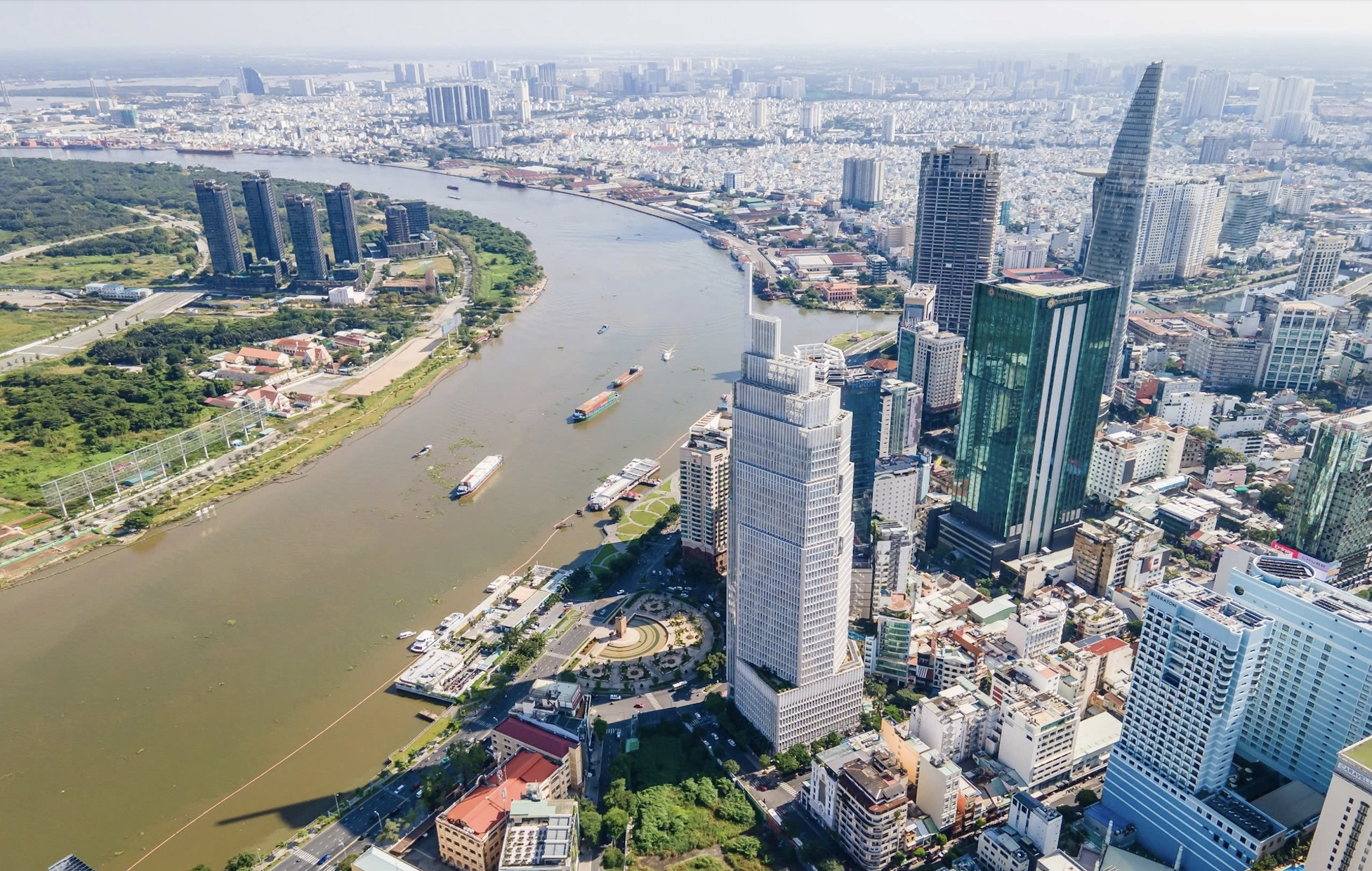

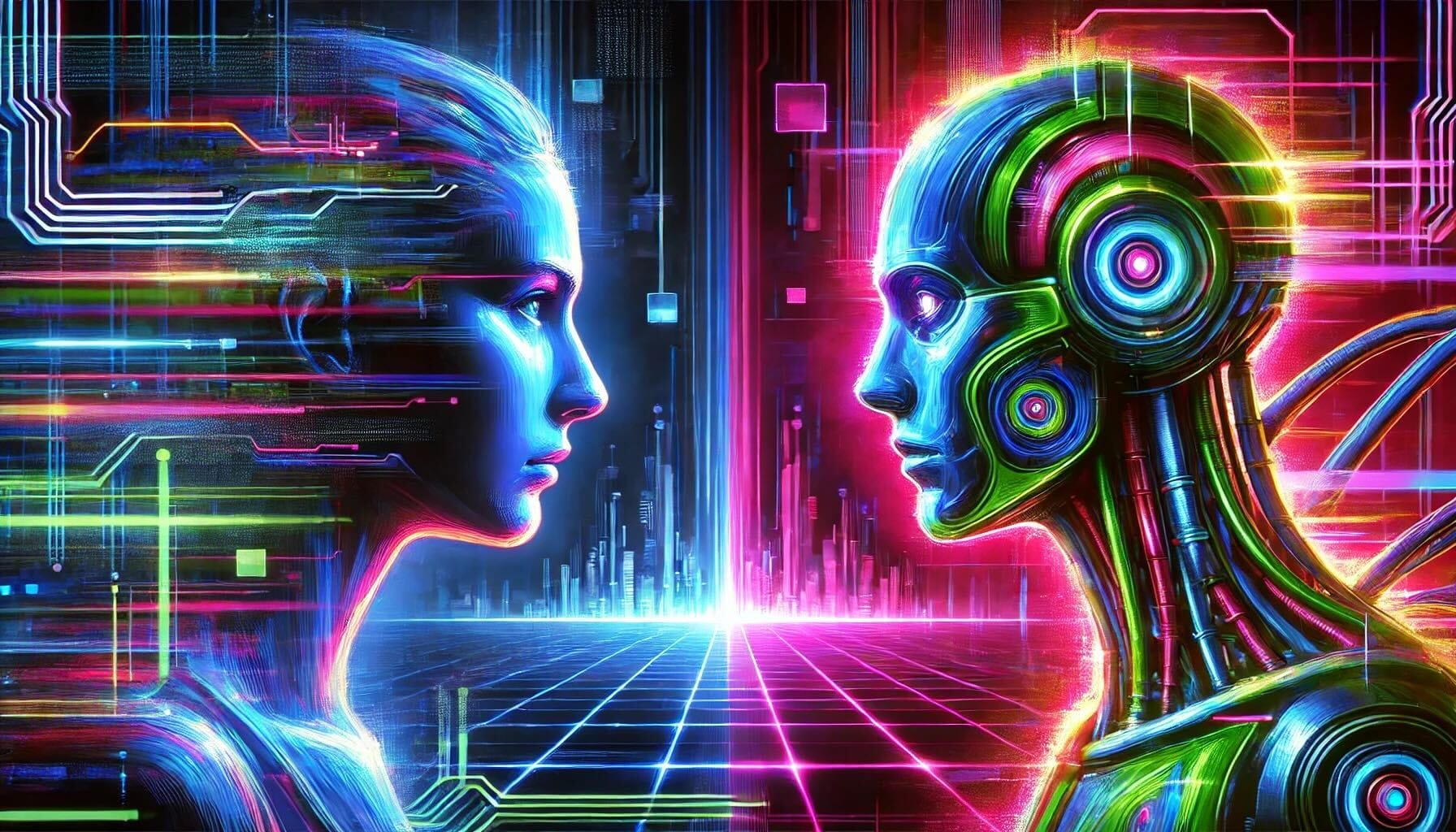




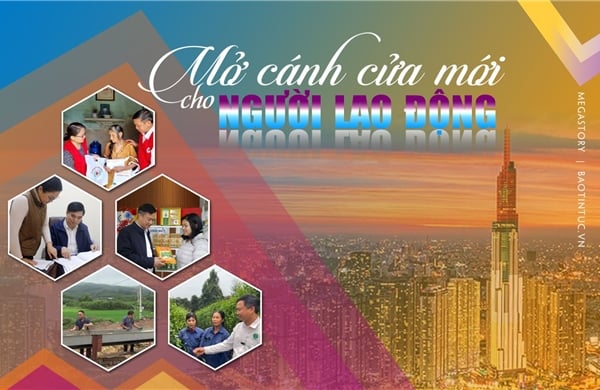




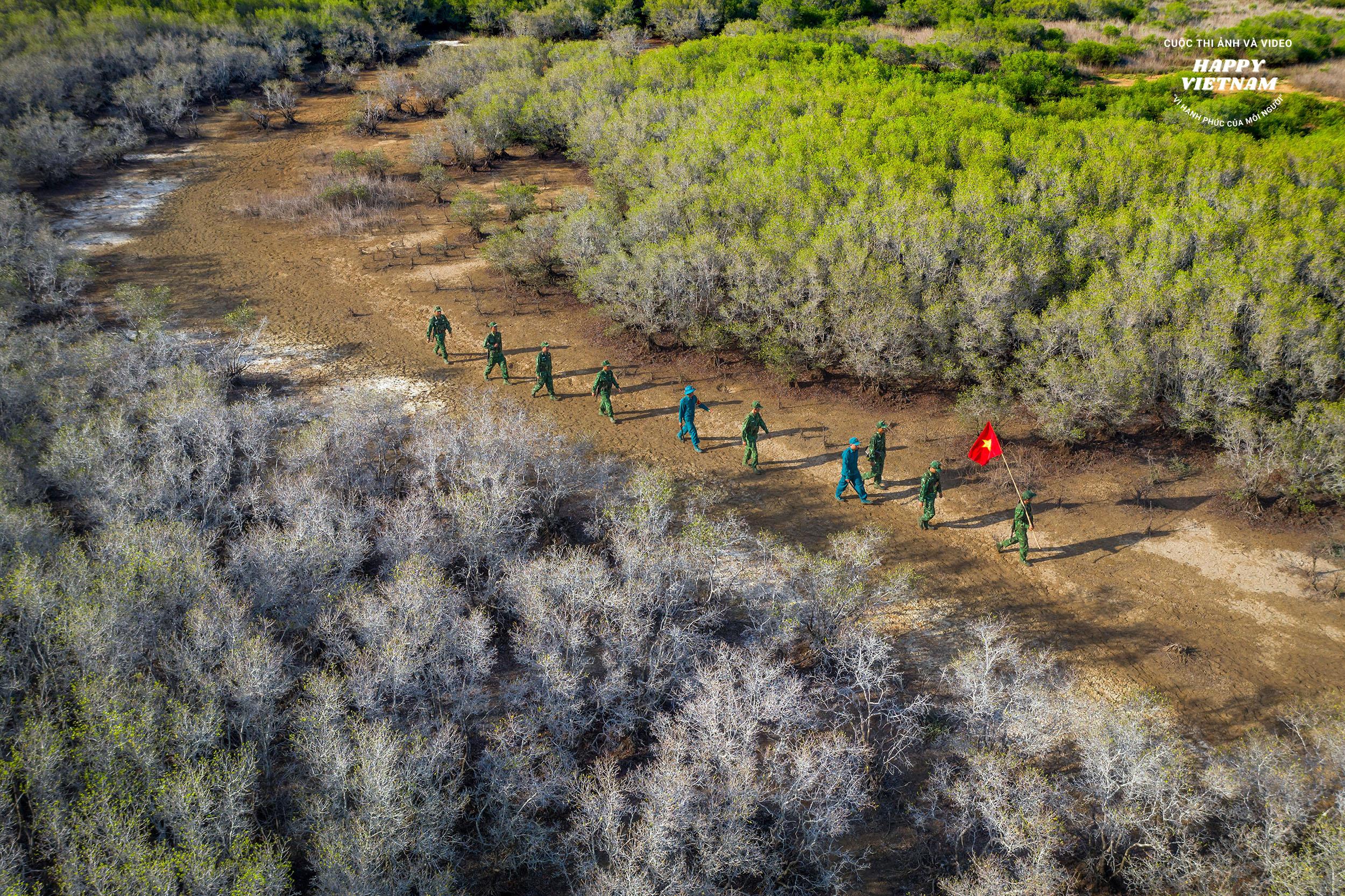




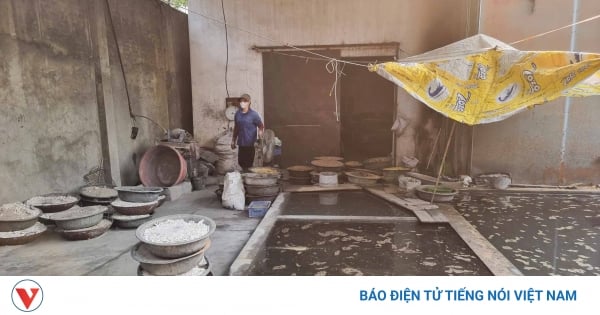
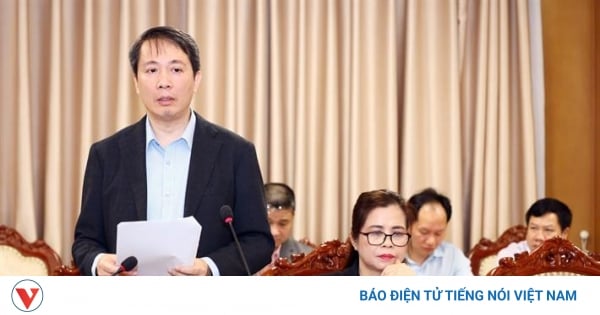

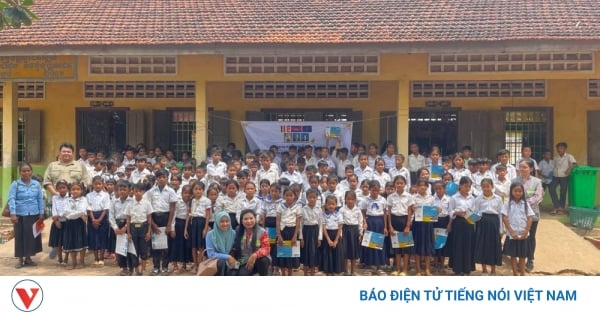
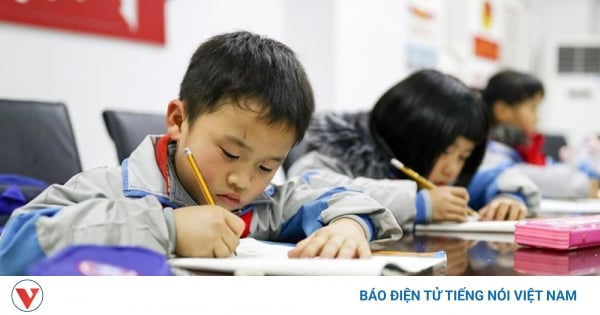
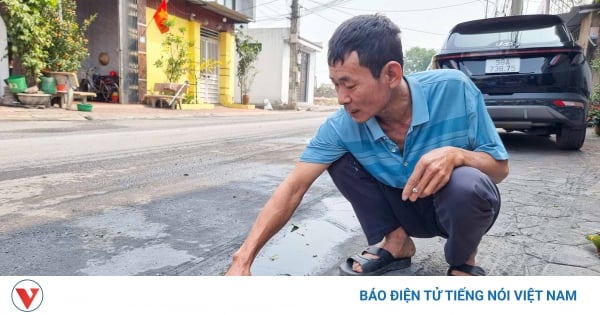

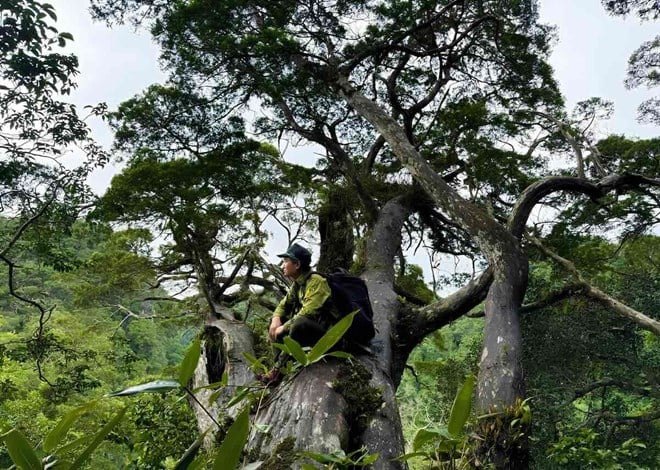











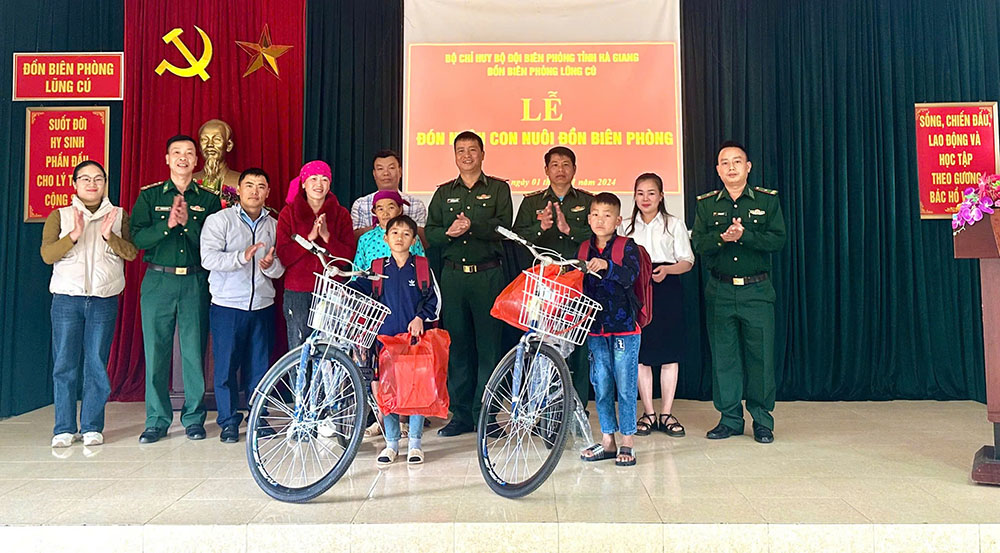

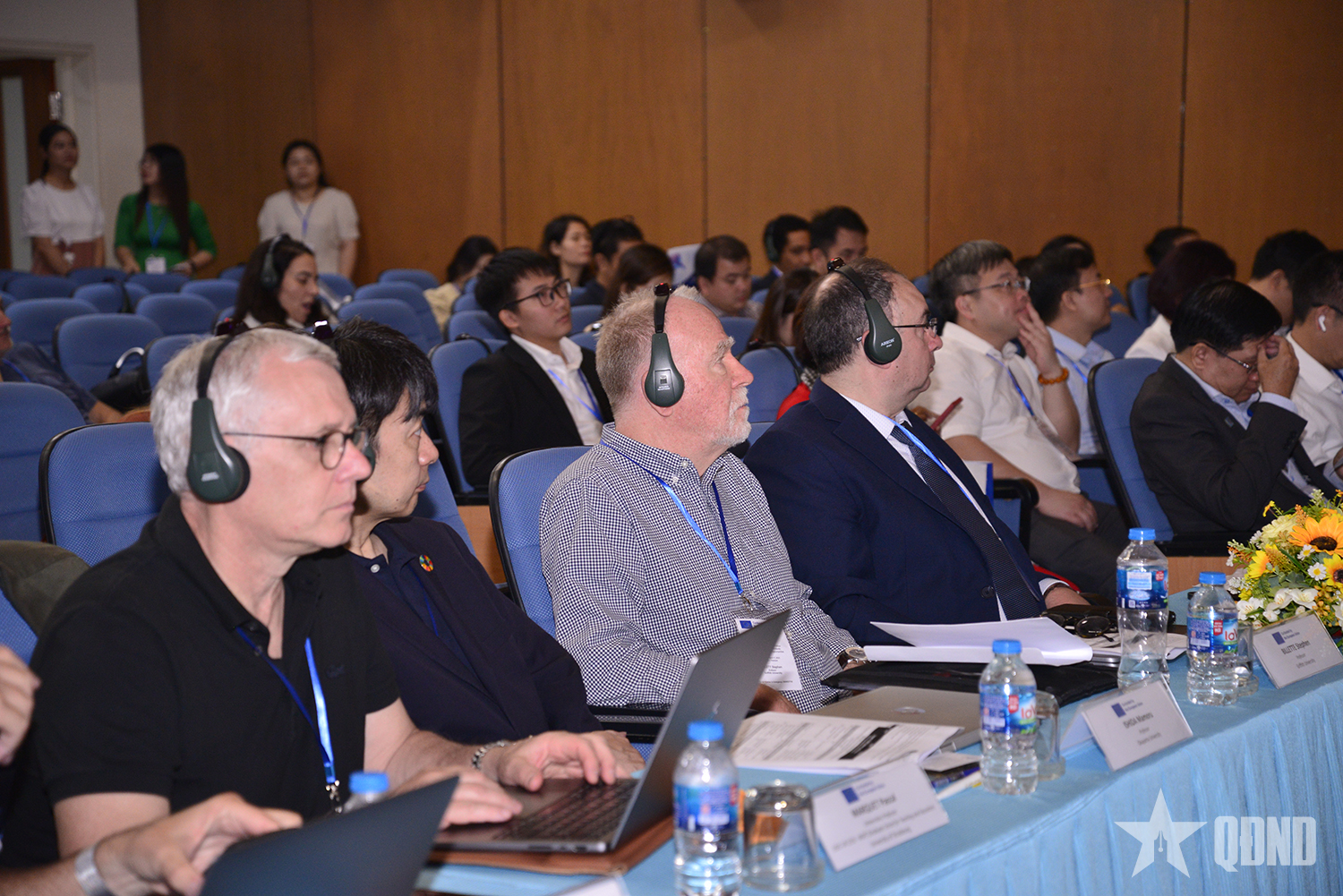
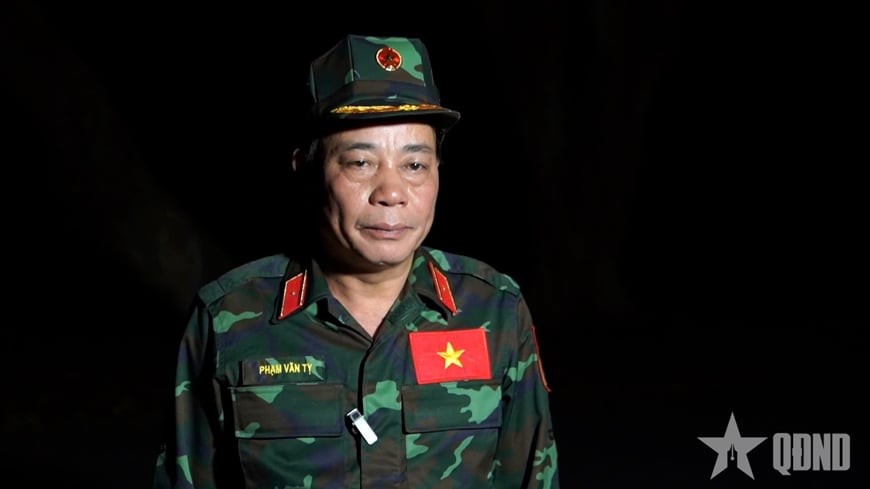
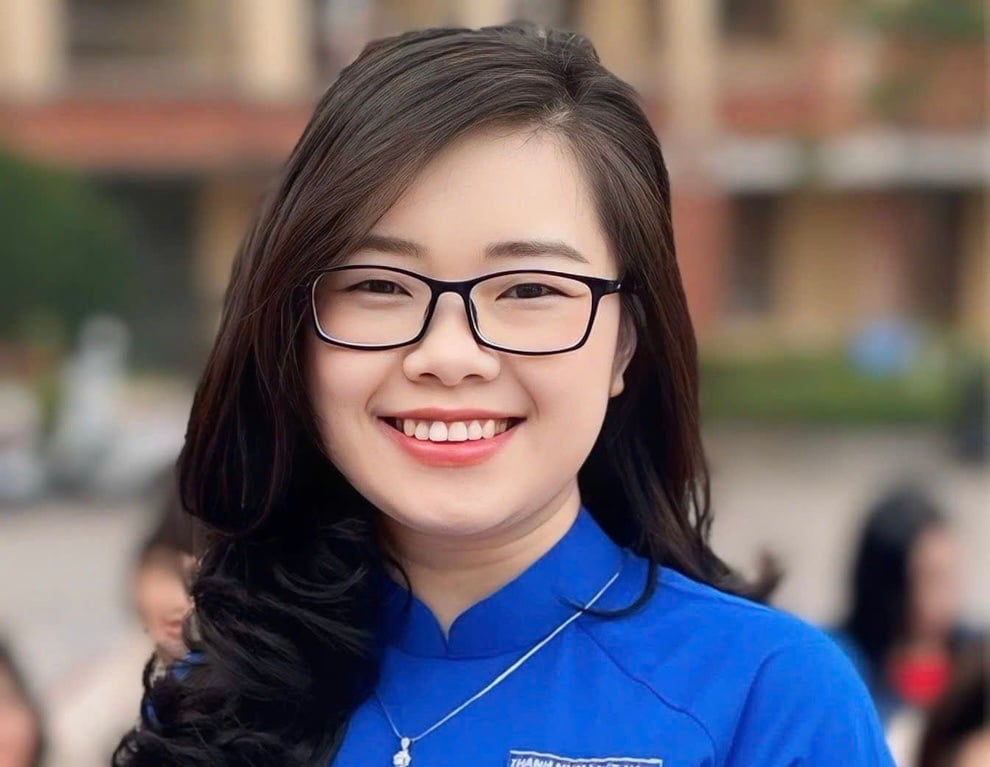
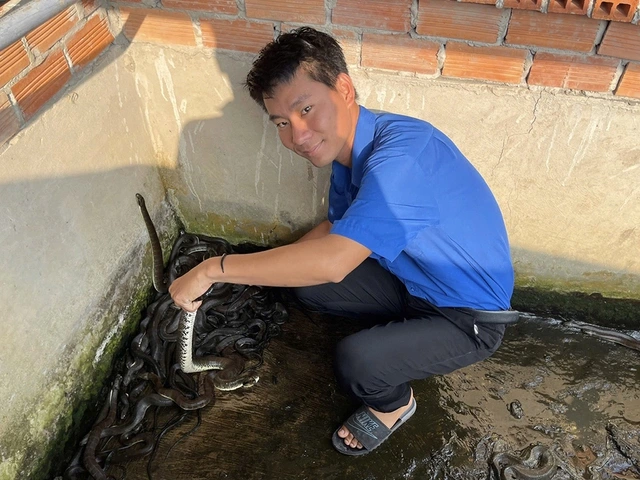












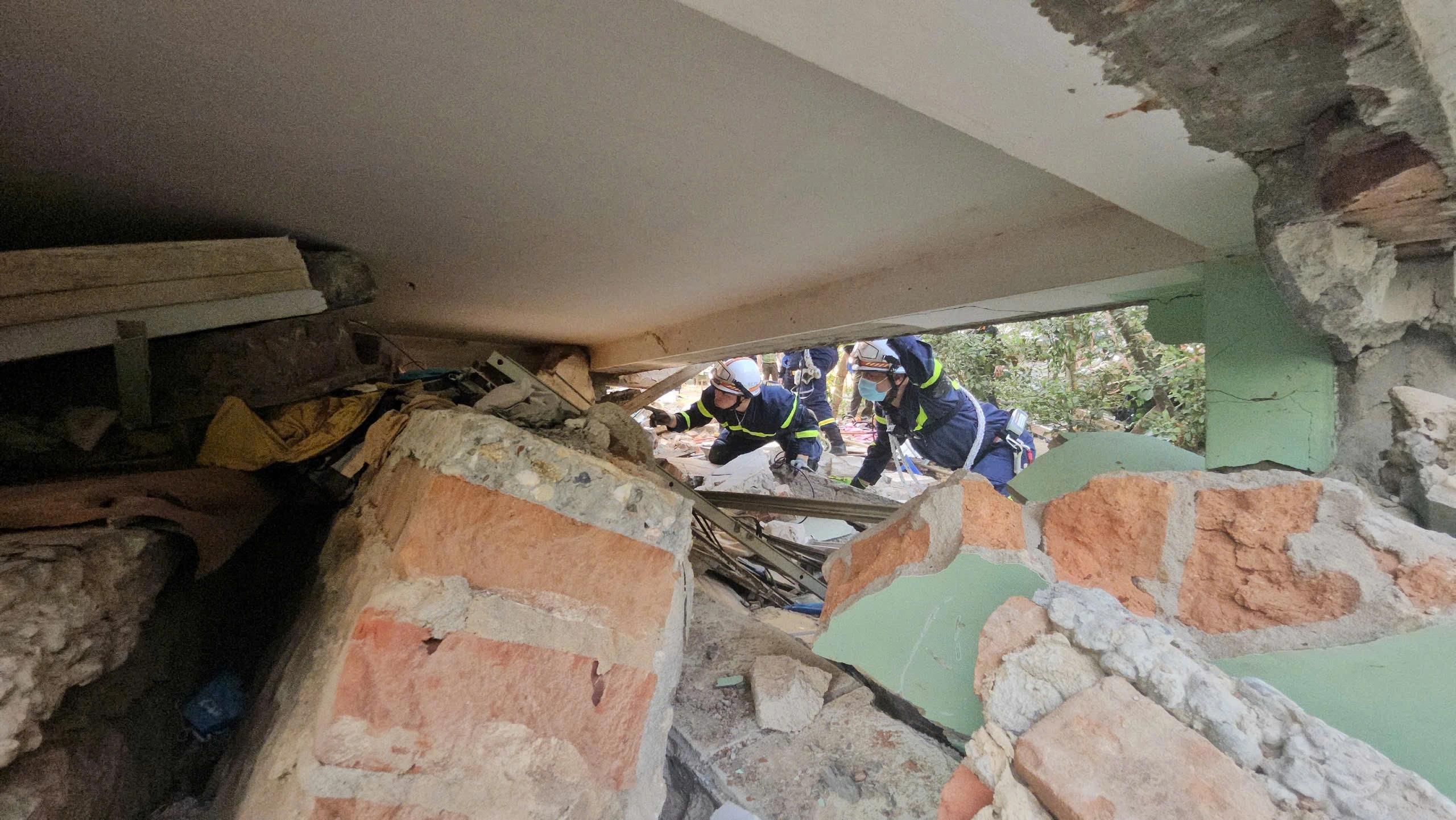
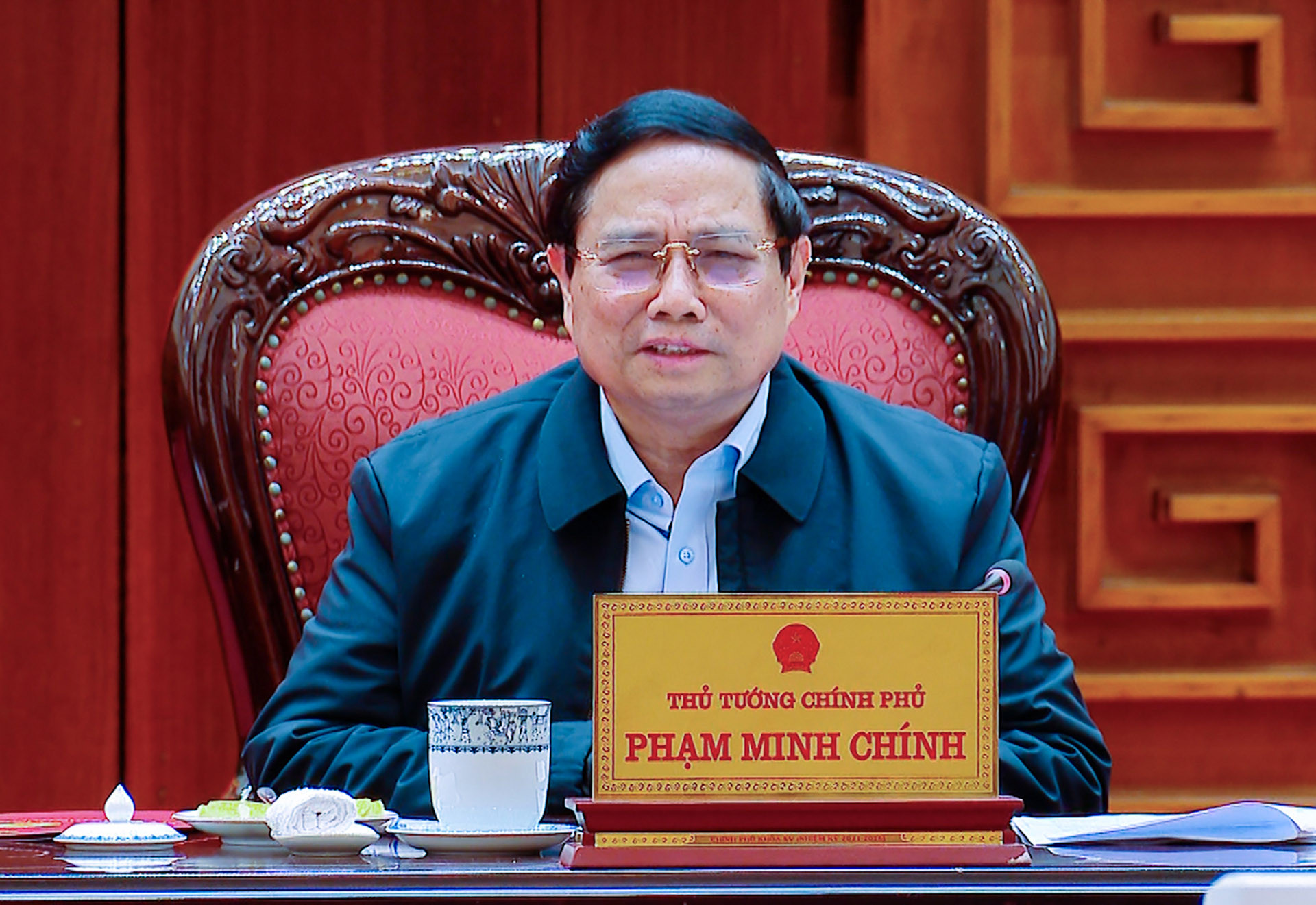



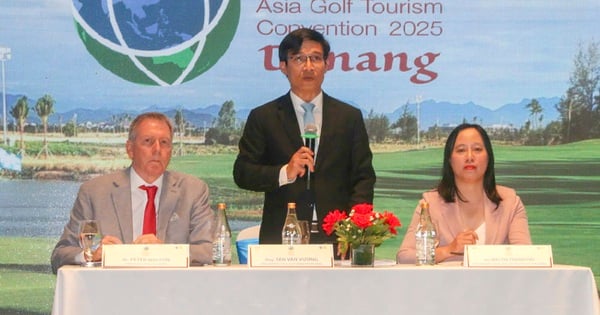

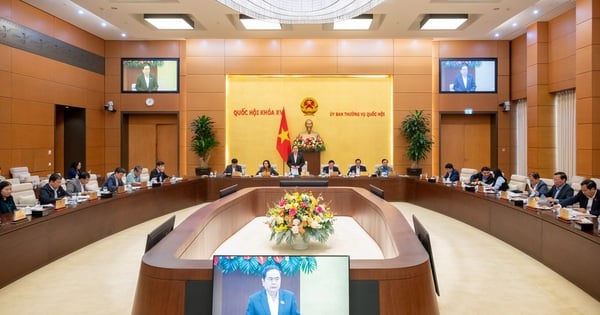
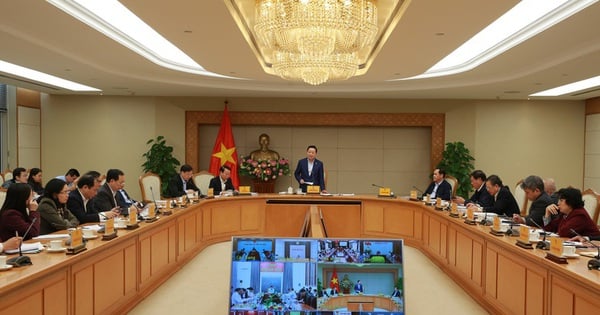
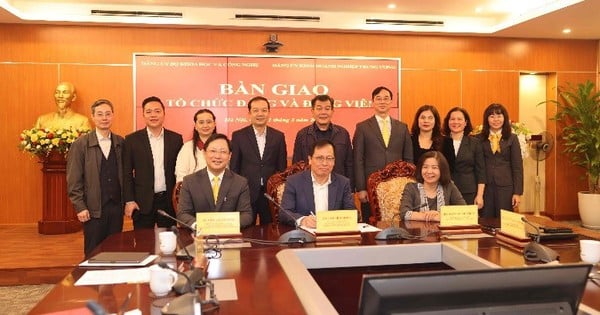

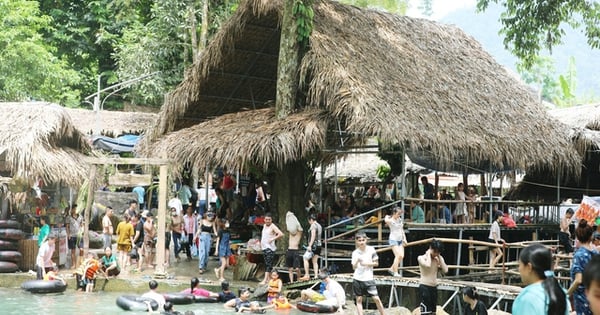
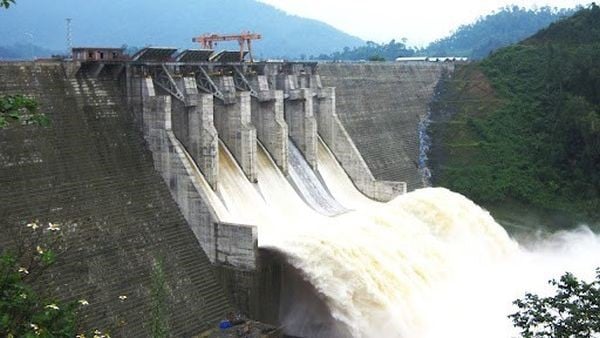

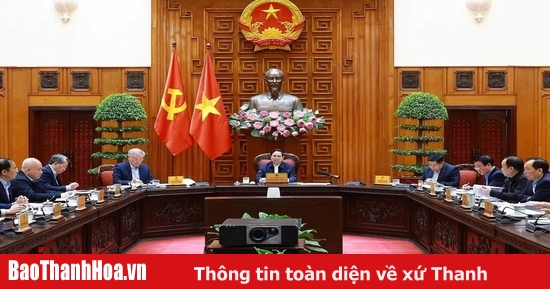

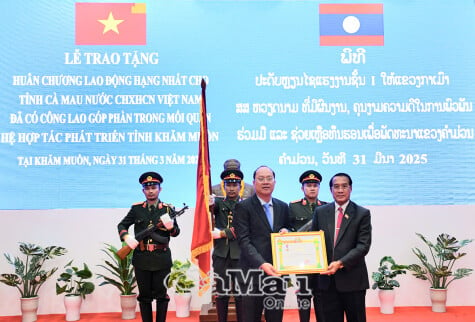

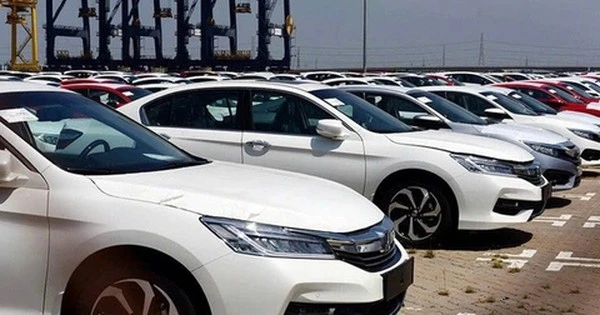

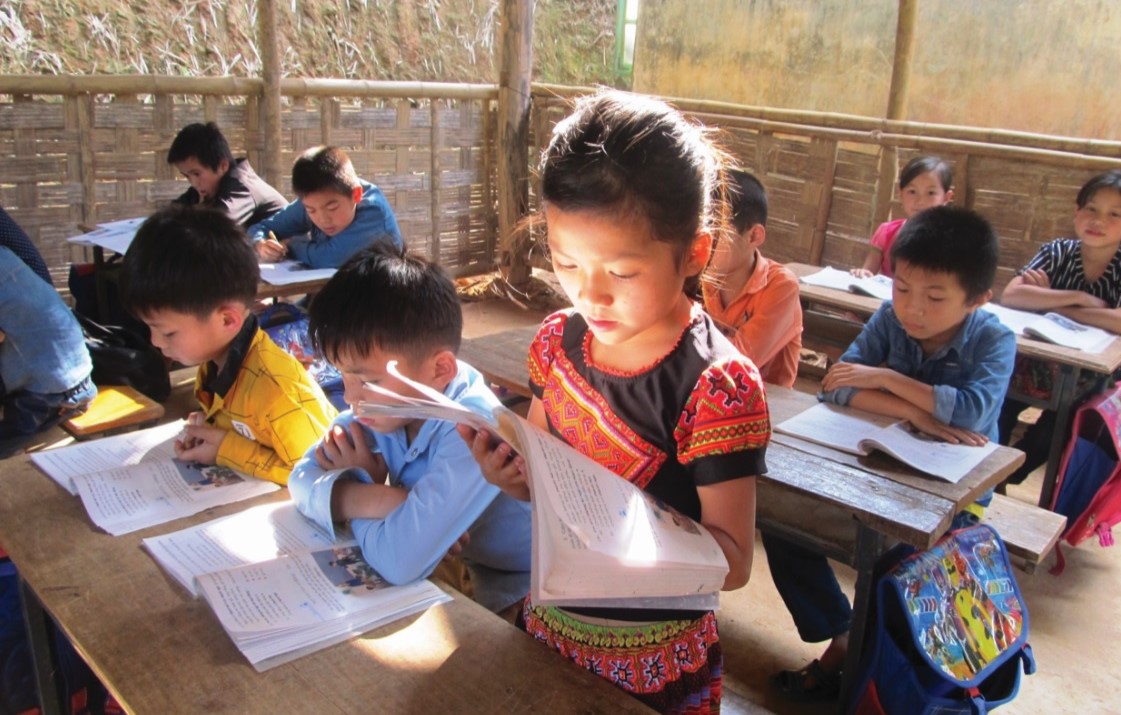


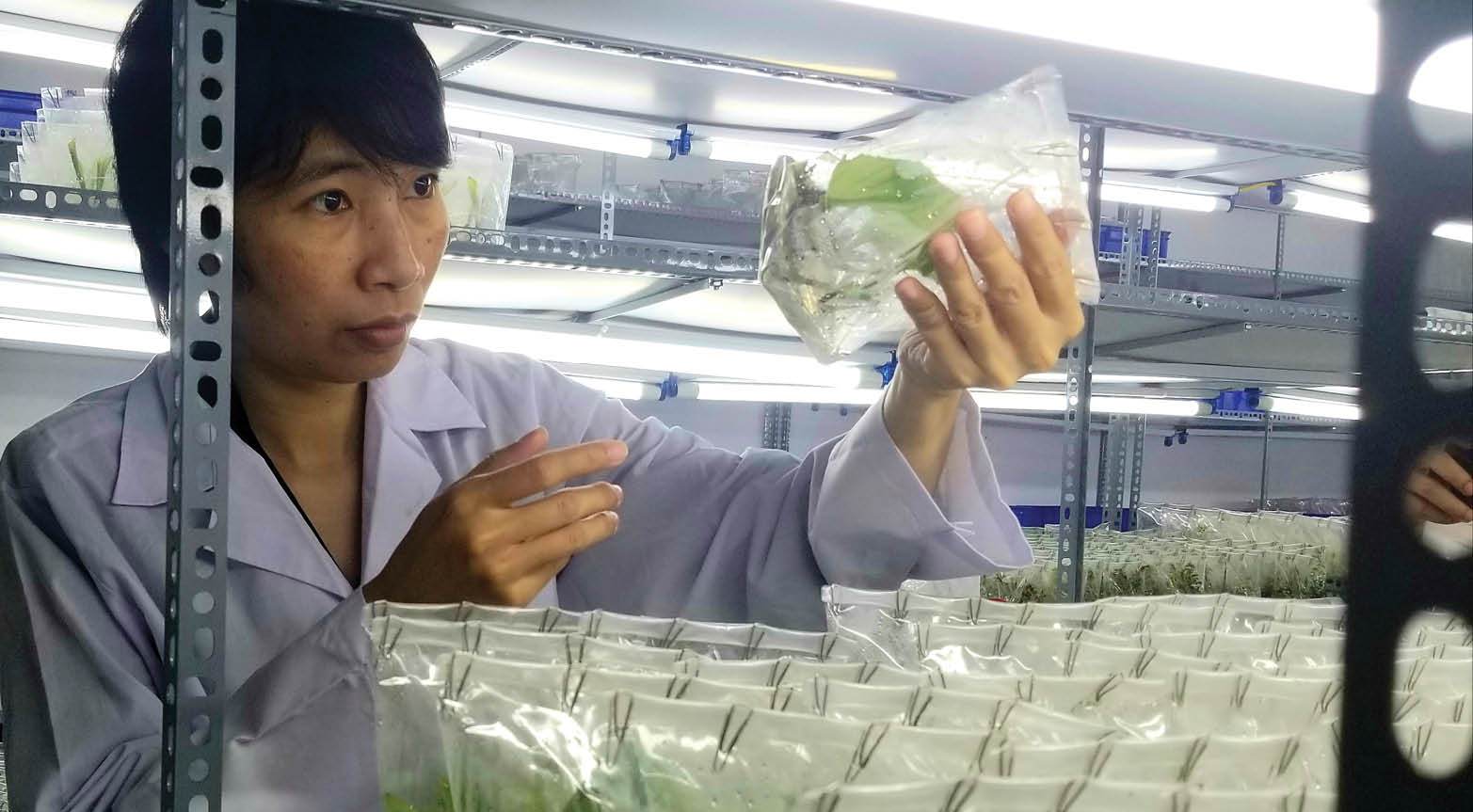











![[REVIEW OCOP] An Lanh Huong Vet Yen Cat](https://vstatic.vietnam.vn/vietnam/resource/IMAGE/2025/3/27/c25032328e9a47be9991d5be7c0cad8c)
Comment (0)